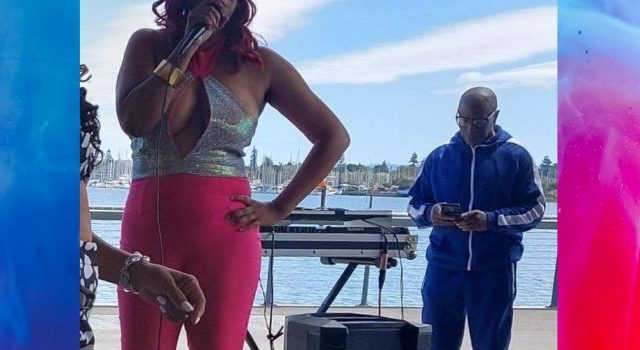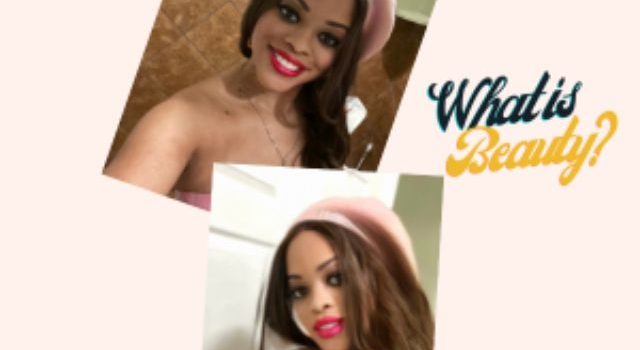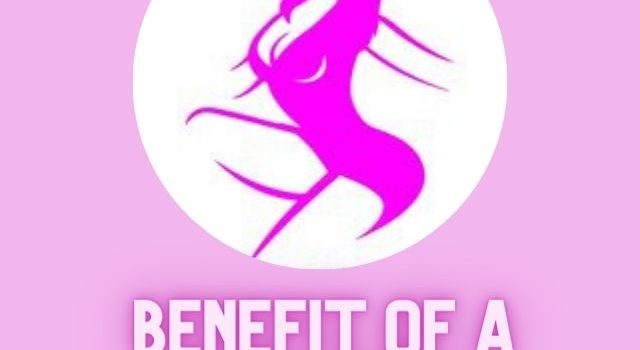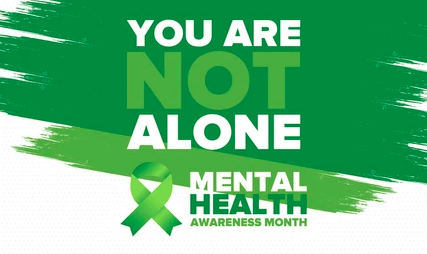At times, it’s hard and sad being a hip-hop creator. I am often disturbed knowing that women, especially black women who helped shape a style and music culture accepted and celebrated worldwide, are still treated as sexual objects. This reason makes it sad to embrace the fact as a creator in this genre. Rappers like me (Keldamuzik), Doja Cat, Nicki Minaj, Cardi B, Bia, and others have much more to offer than looks.
In the early 2000s, when Hip-Hop as a genre was evolving, I always wondered why most of what I heard revolved around the looks and characteristics of women’s bodies. And growing up, videos of vixens get way more attention than women musicians without much effort.
Body image is the main focus for many new female rappers, another method used to push them out of the male-dominated space. Unlike male rappers, today’s female rappers are expected to look better than average vixens and outdo their male counterparts. Since hip-hop was primarily male-occupied, it was known for objectifying women and promoting sexism. And we were now used to having men dominate the hip-hop industry that we neglected to realize that other genders can thrive within it.
For me, someone who says they enjoy a genre but don’t enjoy other certain genders in the genre does not enjoy that genre. And the only difference between men and women who rap is their physical characteristics and nothing else, as you can find women thriving in any given genre.
When it comes to the male rap game, with the likes of Drake, Lil Wayne, and Kanye, there is a friendly and mutual understanding with the world at large that they put out different music in the same genre and are at the top of their game. But when it comes to their counterpart, like when Cardi B went into the spotlight, she was constantly compared to Nicky Minaj and Meghan Thee Stallion. But given Hip-Hop’s history of ignoring the contributions of women, it’s easy to see the problem. A community where lyrics about violence, sex, and masculinity reigned but still had no space for women to thrive; instead, women were objectified and ignored, thanks to Queen Latifah, missy Elliot who paved the way for female rappers.
Currently, I love how much the industry has grown and is growing. I love all the new sounds and courageous female talents keeping hope up for the female rap community. I’m happy to see the female rappers’ representation and accomplishments. One of the unacceptable truths is that times have changed, and the rise of female rappers has never been better.
Currently, more female artists are ahead of their male counterparts in areas like entertainment and being more lyrical.
After the late 90s, the era of Lauryn hill and missy Elliot, there was hardly any female representative for the rap industry.
Then the arrival of artists like Nicki Minaj changed the demographics; starting her rap career during the mid-2000s, she did not gain any popularity or traction until 2009 due to the album release. With the likes of Taylor Swift winning the best video of the year and Nicki Minaj winning the best hip-hop artist at the MVCA Awards, I can proudly say the female rap community has come so far.
Seeing these women be themselves and accomplish incredible feats encourages more talent and empowerment. As a woman, there’s no perfect way to depict Hip-Hop as a culture, but looking towards the women like Keldamuzik, who continue to carry the torch for us, brings a lot of comforts that the females will always make their way through as they usually have.










